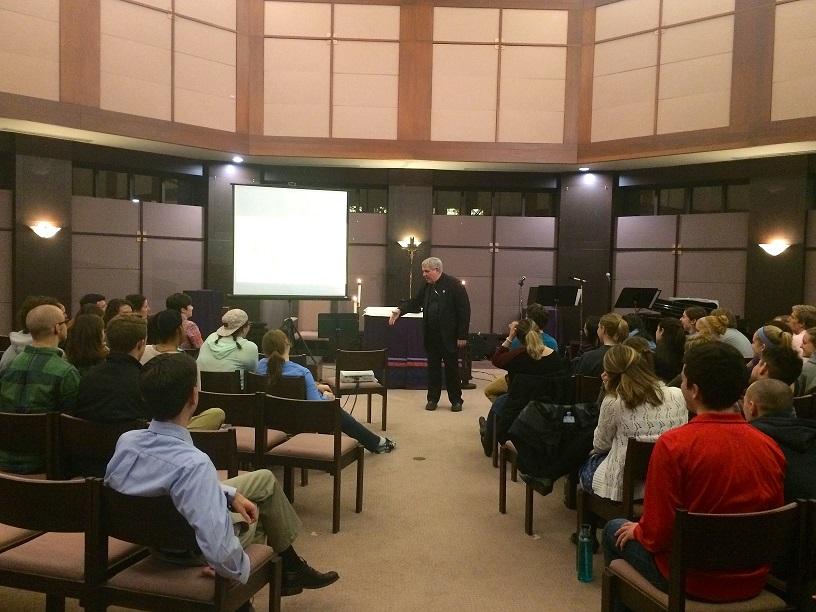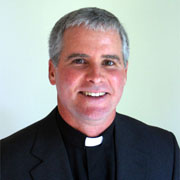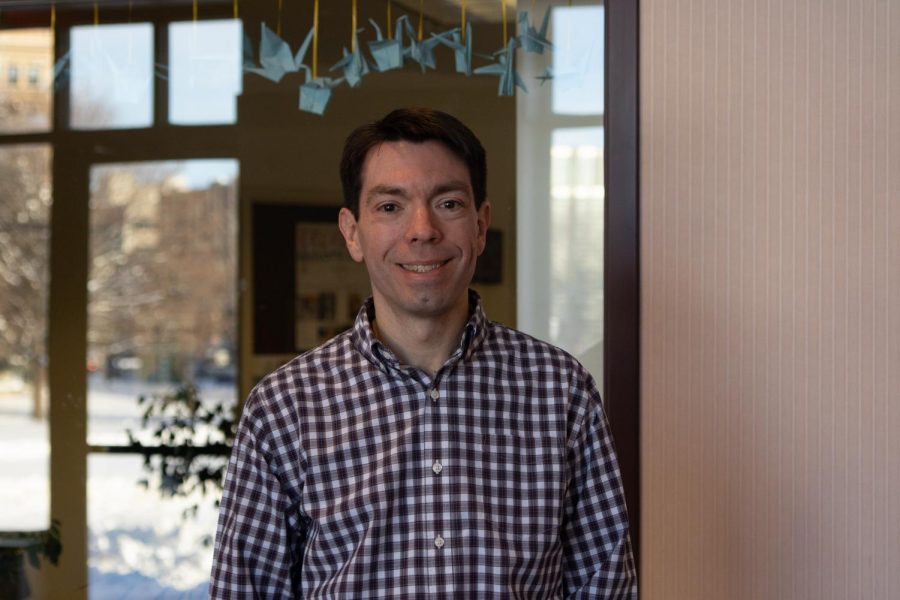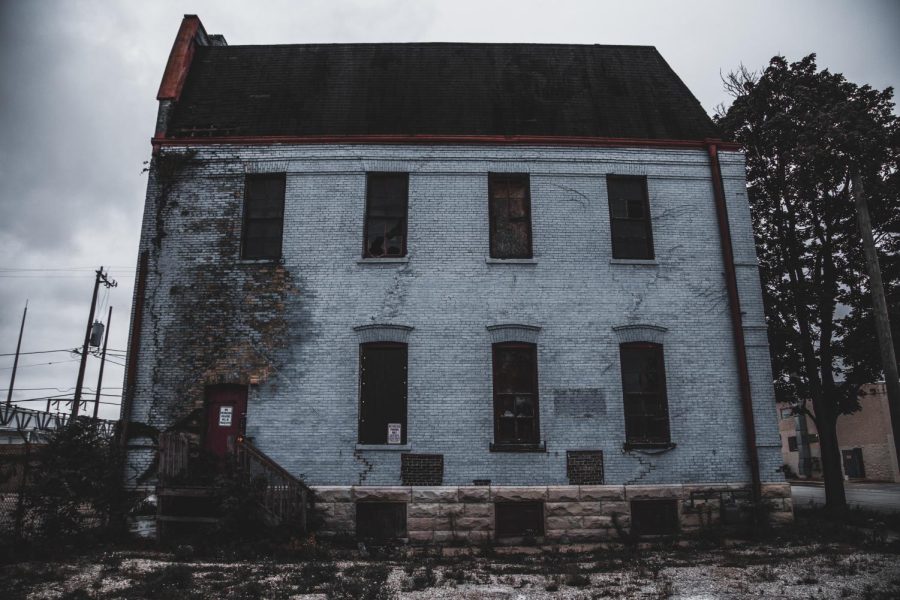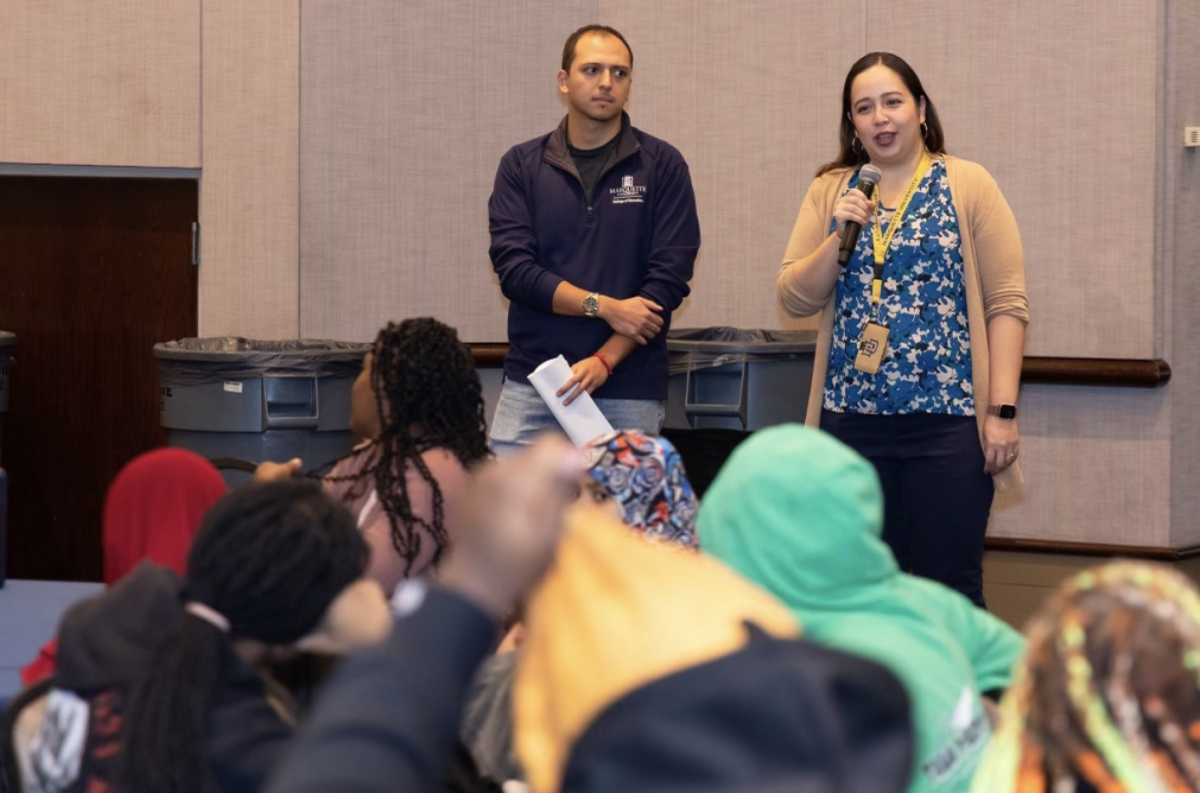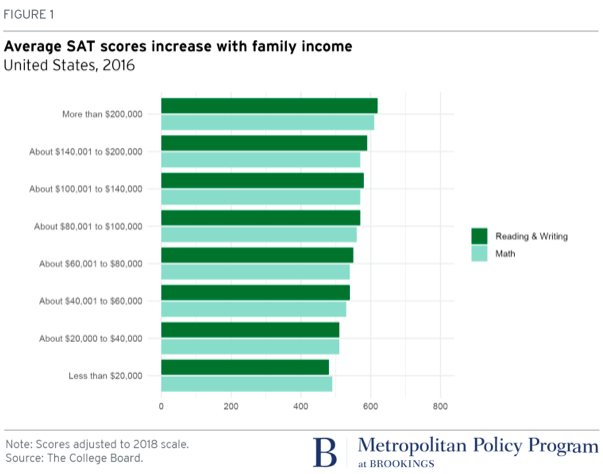
The Archdiocese of Milwaukee is partnering with the Alliance for Catholic Education, a consulting group based out of the University of Notre Dame, to undergo an in-depth analysis of the 26 urban Catholic elementary schools in the Milwaukee area.
The 18-month study, which begins later this month, is designed to assess the schools in five different areas: Catholic identity, academic excellence, governance, institutional advancement and financial operations.
Over the course of the study, ACE will send representatives to the schools, and in June 2014 will produce a report with suggestions for improvement and actions that can be taken by the schools and archdiocese to accomplish the recommended changes.
Julie Wolf, the communications director of the Archdiocese of Milwaukee, said the assessment was designed to help set a course of future actions for the schools and to maximize their capacity to serve the students.
“We want to make education available for as many children as possible,” Wolf said.
Kathleen Cepelka, superintendent of Catholic schools for the Milwaukee Archdiocese, said the idea for the analysis originated when ACE approached her over the summer. She said local groups such as the Greater Milwaukee Catholic Education Consortium and Partners Advancing Values in Education would also be involved in actions following the report.
“The schools will be highly involved in the studies,” Cepelka said.
Catholic schools across the country have had recent financial struggles since the schools have limited and overspread resources.
Bill Henk, dean of the College of Education, said about 48 percent of Catholic schools across the country have closed down over the past few decades. Henk said funding and resources, especially in urban areas that often serve a less affluent population, are potential explanations for this trend.
“Everywhere poverty exists, it makes schooling harder,” Henk said.
Henk said one of the major changes that has impacted urban Catholic schools is the shift in student population. Where there was once a large Catholic immigrant population that attended Catholic elementary schools, now many of the students are not Catholic. This trend presents challenges for promoting the Catholic identity, one of the five areas that ACE is going to analyze in its study.
Henk also said a school’s financial resources can have a major impact on its day-to-day operations and priorities. Making technology available to the students, marketing and recruitment to new potential students, strategic planning, governance, teacher retention and fundraising opportunities can all be more difficult when resources and financial support are scarce.
Cepelka worked with members of the ACE initiative in the past and is optimistic about their ability to offer concrete solutions.
“The purpose (of the ACE Initiative) is to improve the quality of the urban schools to assist them in areas of need and to expand the capacity to serve students effectively,” Cepelka said.
Henk was also optimistic, saying that Catholic schools need to become more systematic in their approach to making adjustments to improve the quality of education. He said change will be a slow and steady process, but the local groups and the archdiocese are invested in improvement.
“I think we’re going to turn the corner,” Henk said. “People are passionate about this work.”
Correction: The photo accompanying the print version of this story on Jan. 29 was incorrectly credited to The Sisters of the Divine Savior. The photo is in fact courtesy of St. Margaret Mary Parish. The Tribune regrets the error.


